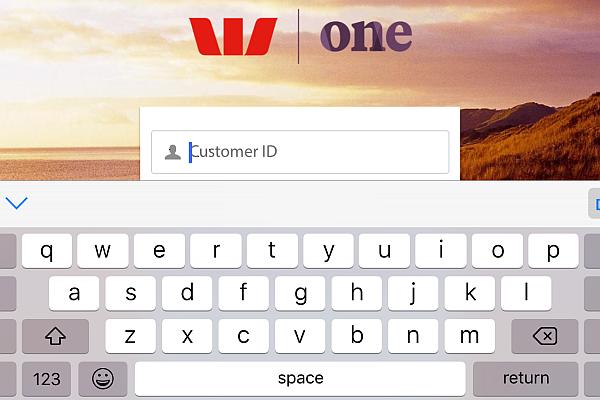Published on the 30/06/2017 | Written by Newsdesk

AU fintech fight gets bloody…
Westpac’s grand plans for marrying instant messaging and mobile payments has run aground as Apple ordered the bank to disable the new feature.
Unveiled in March, the payment functionality – based on technology from Israeli fintech company PayKey – allowed Westpac customers to make payments via social media messaging applications on iPhone. To use this service, users had to replace the default keyboard found on their social media apps with a proprietary Westpac one that featured an on-keyboard payment button.
So far, so good – that is, until Apple, perhaps sensing something resembling healthy competition, issued Westpac with a cease and desist letter, claiming that users should not be able to access banking functionality via keyboard functionality, and that the presence of payment options in messaging services could offend some users.
“This is disappointing for us and the thousands of customers who are currently using it,” said a Westpac spokesperson in a statement to AFR last week. “We apologise to our customers for any inconvenience caused and thank them for their continued support.”
The app is due to be removed in July.
The fracas represents a big blow for Westpac, which had managed to be first at the plate for such a solution in the Asia Pacific region, and coming at a time when banks are feverishly experimenting with new technologies and updating legacy systems to accommodate consumer demands for more customer-centric fintech products.
Many have been quick to criticise Apple’s move as anti-competitive. After all, Apple launched its own Australian payment solution in April. Since then both Samsung and Android have released payment applications.
Not satisfied with exclusion from the iPhone-user market, the banks are attempting to fight back.
Major players National Australia Bank, Commonwealth Bank of Australia and Westpac, as well as Bendigo and Adelaide Bank, recently filed an application to Australian Competition & Consumer Commission seeking authorisation to engage in collective negotiation with Apple regarding the iPhone’s Near-field Communication (NFC) controller, and to allow their digital wallets to be distributed from Apple’s App Store “without any unreasonable prohibitions, unreasonable terms, or unreasonable approval delays from Apple”.
The applicants also sought authorisation to enter a collective boycott in relation to Apple Pay while collective negotiations were underway.
Such bloodshed is becoming common in the new fintech landscape, as players both major and minor – tech giants, legacy financial institutions and startups – fight over opportunities proliferating faster than they can be exploited.
With new services springing up overnight, fintech investment topping $780M in 2016 and the government moving as quickly as it can support innovation, there’s money to be made.
Australia-based payment platform startup Assembly Payments (formerly known as PromisePay), recently announced a successful $10M investment round (on top of last year’s $2M raise) and last week the Australian Securities and Investments Commission (ASIC) and Japan Financial Services Agency (JFSA) announced a new partnership aimed at fostering innovation in both country’s fintech sectors.
The federal government also used its recent budget plan to announce that it would suspend double taxation on virtual currencies after July 1, 2017, take active steps to encourage fintech growth and introduce a regulatory sandbox for Australian fintech participants.
And the fintech ground will continue to be contested. According to the latest EY FinTech Adoption Index, adoption of new financial management services in Australia doubled in the last 18 months, giving Australia fifth highest position in fintech adoption among the 20 global markets surveyed.
Download the EY FinTech Adoption Index directly here.



























